Tossing and turning, struggling to catch those elusive Zs? We’ve all been there. We have a long day at work, come back home, have dinner and can’t wait to go to bed. But where is sleep? It just doesn’t seem to come, does it? Today, we are going to talk about some of the best things to do to sleep better, my sleep-deprived friend.
This article is going to help you incorporate some really good habits for sleeping, and a good night’s sleep won’t just be a distant wish, but a tangible reality. From soothing bedtime rituals to the secrets of a sleep-friendly environment, we’ll dive headfirst into the realm of restful nights.
So grab your comfiest pyjamas, fluff up those pillows, and explore some of the best things to do to sleep better.
Related: Sleep Better with Pink Noise: Your Key to Quiet Nights and Restful Sleep
10 Most Effective Things To Do To Sleep Better At Night
1. Sleep in total darkness.
One of the most important things to do to sleep better is this. Sleeping in a completely dark room is key for better and uninterrupted sleep. As our bodies naturally produce melatonin, a hormone crucial for regulating sleep, light can disrupt its release and leave you tossing and turning.
By embracing total darkness, you’re allowing your body to enter its natural sleep cycle more easily. To make sure it’s dark enough, wear an eye mask or have blackout curtains to keep out unwanted light. Gradually, you’ll notice it’s easier to fall asleep.
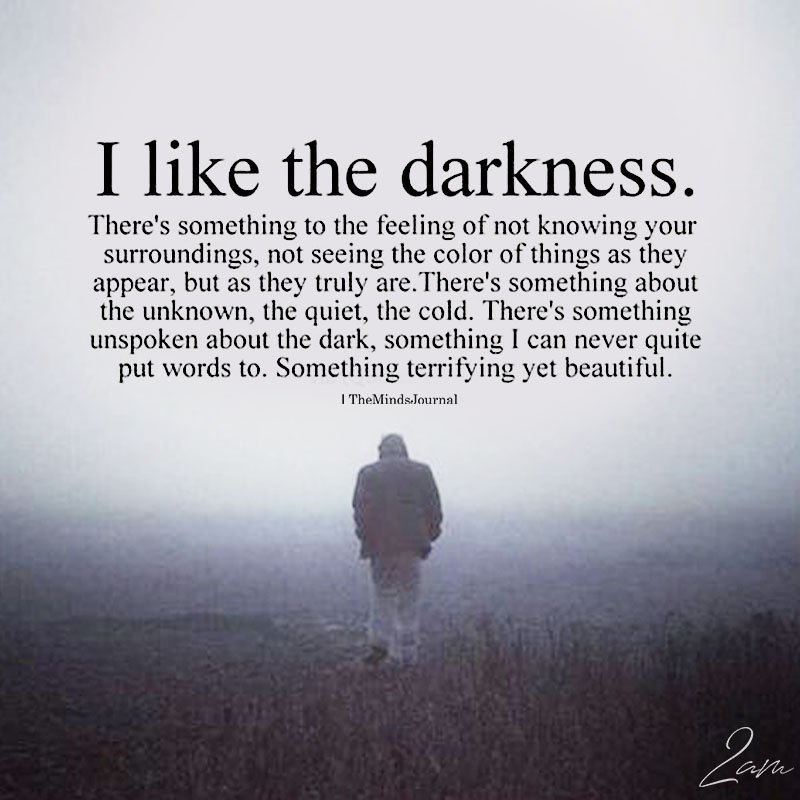
2. Keep an eye out for your blood sugar.
Did you know that having a balanced blood sugar can help you sleep better? Yes, it’s true! When you don’t sleep well consistently, it impacts your hormones, which then affects your blood sugar levels and even weight. And once your hormones are in disarray and your blood sugar starts fluctuating, your sleep goes for a toss.
Consuming balanced meals and avoiding processed snacks and sugary foods is key to keeping your blood sugar in check, and prevent it from spiking throughout the day. Moreover, sometimes a high blood sugar is followed by low blood sugar, which increases cortisol in your body, further affecting your sleep.
One of the good habits for sleeping is making sure your blood sugar is in the right place.
3. Have a glass of turmeric milk before going to sleep.
Even though some people believe it’s best not to eat anything right before going to sleep, some studies suggest that having a glass of turmeric milk actually relaxes and soothes you, which then helps you sleep better.
It’s a useful hack to treat insomnia and is one of the many good habits for sleeping. I do this personally and I can vouch for this. It actually works! A glass of warm turmeric milk also improves the quality of non-rapid eye movement sleep, enabling you to sleep better and uninterrupted.
4. Stay away from having caffeine in the afternoon.
Try to avoid drinking coffee or any caffeinated beverages in the afternoon. Limit your caffeine consumption to mornings, as having it any later than that can interfere with your night’s sleep.
Ideally you should stop drinking caffeinated drinks after 2 pm and try decaf coffee, herbal tea or plain water instead. Some people might have to avoid caffeine even before that, it all depends on your body constitution and how you respond to caffeine.
Related: How To Fall Asleep In 2 Minutes: Mastering The Military Sleep Technique
5. Check if you are consuming enough magnesium.
One of the most underrated and good habits for sleeping is consuming magnesium. Looking into how much magnesium your body is getting is important because research suggests it could be tied to sleep quality.
Stress, bad eating habits and alcohol can lower your magnesium levels, and this mineral is crucial for proper body functioning. Eating foods rich in magnesium helps keep your sleep patterns and mood in check. You can find magnesium in foods like dark leafy greens, nuts, seeds, and whole grains.
Having magnesium supplements before hitting the sack is also a good idea. Having a warm bath soaked in Epsom salt is also a great way of feeding your body with magnesium.
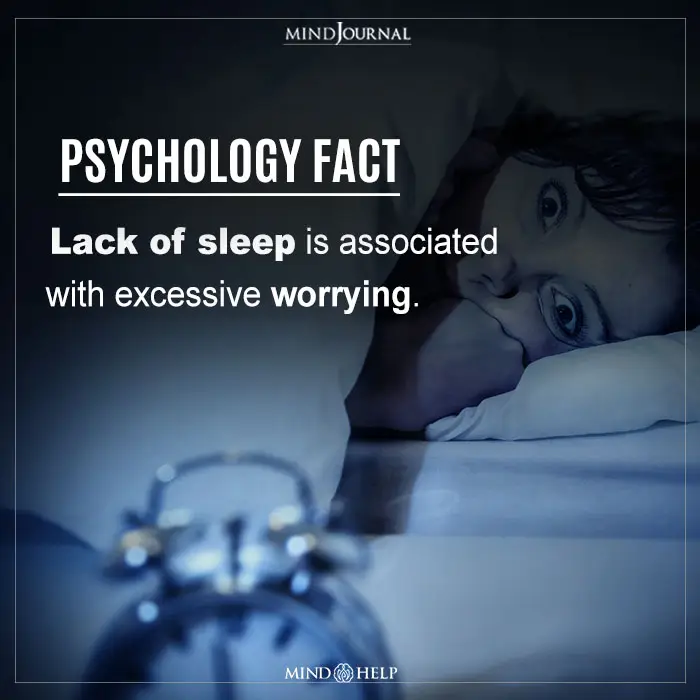
6. Turn off all electronic devices before sleep.
In today’s digital age, it’s tempting to stay glued to your electronic devices until the very moment you close our eyes. However, this one habit can wreak havoc on your sleep schedule and sleep quality.
The stimulating content and the blue light emitted by tablets, smartphones, and laptops can keep your brain wired and alert, making it difficult to unwind. Moreover, these devices interfere with your natural production of melatonin, the hormone that helps regulate sleep.
To improve your chances of having a restful and uninterrupted night of sleep, make sure you disconnect from screens at least an hour before you going to bed. Your mind and body will thank you for it.
7. Invest in a good mattress and comfortable sheets.
If you constantly find yourself flipping around in bed like a pancake on a griddle, then maybe your mattress and sheets are to blame. Investing in a decent mattress that suits your body’s needs is one of the best things to do to sleep better.
It provides the necessary support for your spine, helping reduce aches and pains. When it comes to your sheets, make sure you opt for soft, cotton sheets since they are breathable and will help you sleep better.
Opt for bedding that feels cozy and inviting, while also promoting a comfortable sleep temperature. Investing in a comfortable and supportive sleep surface is an investment in your overall well-being and the quality of your sleep.
Related: 20 Tips For A Better Sleep That Don’t Require A Prescription
8. Meditate regularly before going to bed.
Aside from taking care of your body, you also need to take care of your mind if you want to sleep better at night. Meditation has been practiced for ages and people have reaped it’s benefits for centuries, and is without a doubt one of the really good habits for sleeping.
People who meditate regularly, their melatonin and serotonin levels are higher than people who don’t meditate even occasionally. Research shows that Vipassana meditation works wonders when it comes to Rapid Eye Movement (REM) and Slow-Wave Sleep (SWS).
9. Avoid drinking alcohol in the evenings.
One of the very first and important things to do to sleep better is to avoid drinking in the evenings. Many people think that alcohol helps them sleep better, but that’s far from the truth. Even though it might make you drowsy, but your sleep quality gets severely affected.
The more you drink, the more your sleep gets disrupted because alcohol is known to affect adenosine, a chemical in your brain which influences your sleepiness. Alcohol increases the levels of adenosine only for it to subside within a few hours.
Additionally, alcohol is also a diuretic so you may find yourself making trips to the loo throughout the night causing even more restless slumbers. That’s why, try not to drink too close to bedtime so that your body has ample time to handle it efficiently.
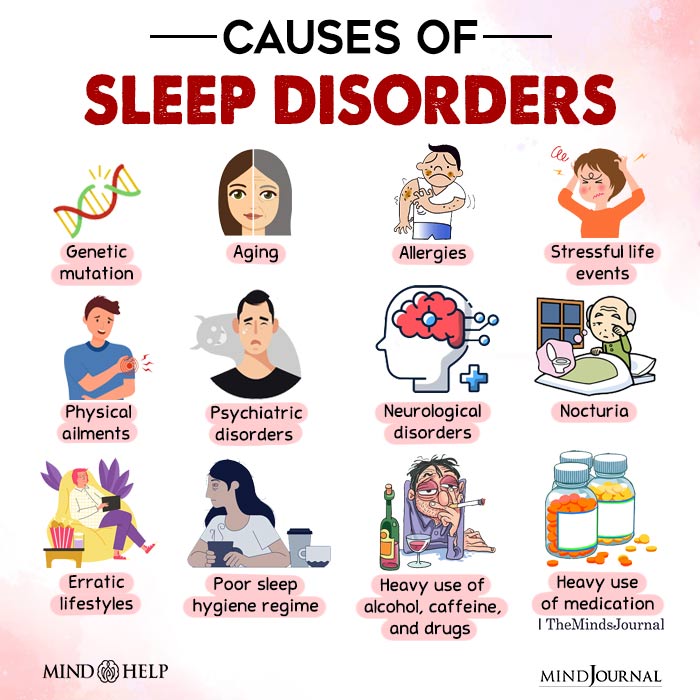
10. Maintain a sleep diary regularly.
Having a sleep diary is probably one of the most useful things to do to sleep better. If you are constantly struggling to sleep well at night, then by jotting down your sleep patterns and experiences each day, you can better understand the factors that are affecting your slumber.
From tracking the duration and quality of sleep to noting any lifestyle changes and environmental influences, a sleep diary can help you pinpoint the issues and make changes accordingly.
One of the good habits for sleeping, it can be a powerful tool for assessing the effectiveness of new sleep schedules or hygiene practices you’re implementing.
Related: 5 Helpful Tips For A Good Night’s Sleep
How many of these good habits for sleeping do you already practice? What are some more things to do to sleep better, according to you? Let us know in the comments down below!
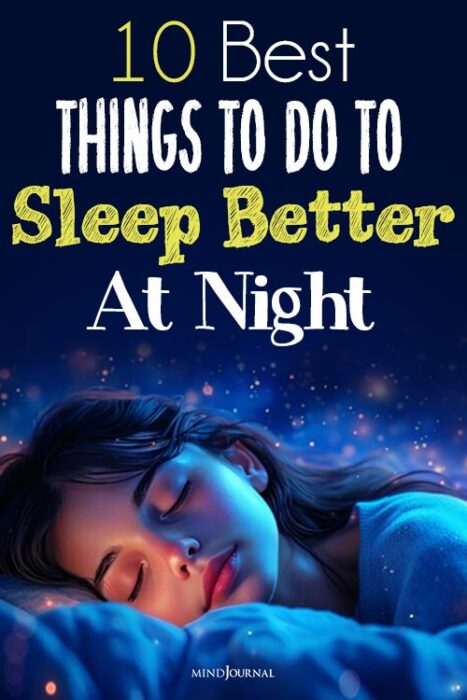


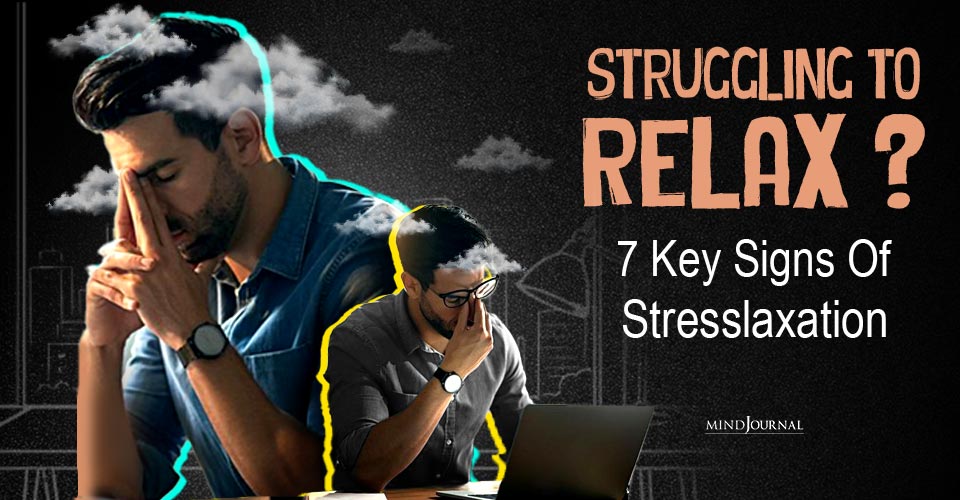

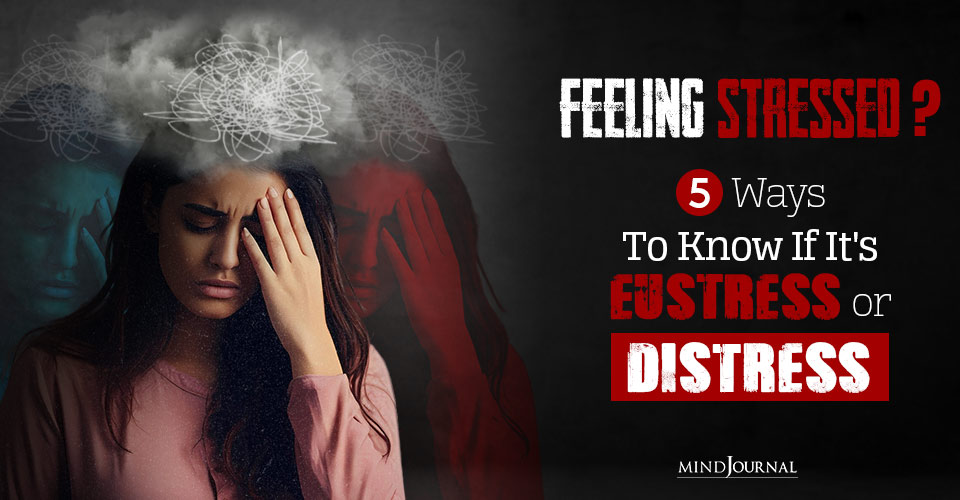
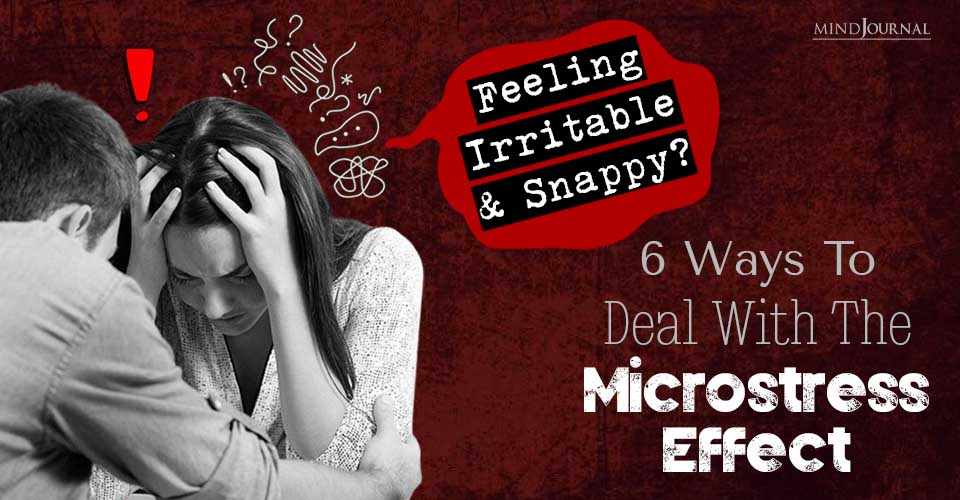

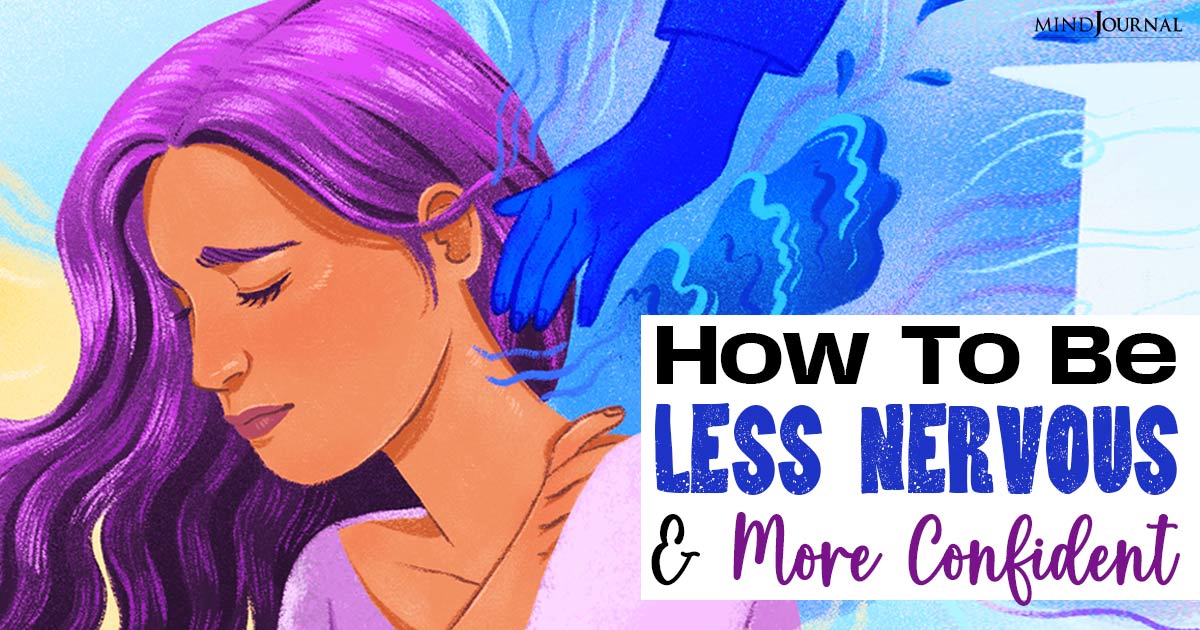
Leave a Reply
You must be logged in to post a comment.